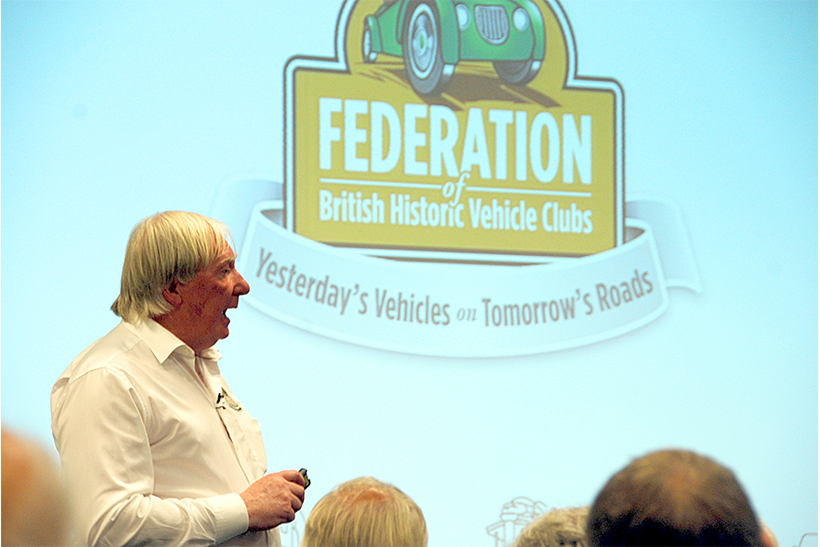On Wednesday, April 5, the Federation of British Historic Vehicle Clubs (FBHVC) announced a new apprenticeship scheme, following approval from the Department of Education.
Still under development, the programme builds upon the FBHVC’s OFQUAL accredited course currently running at Bicester Heritage and at Rolls-Royce specialist P&A Wood; 60 students are completing their training on the old curriculum.
The syllabus for the new Heritage Engineering Apprenticeship – devised because of new government kickstarter funding rules, which came into force on April 1 – will replace the Federation’s old apprenticeship programme in time for a new intake of pupils. Trailblazers will be an Apprenticeship levy, funded largely by firms with a wage bill of over £3 million. Under the old system, the pot was filled by teaching institutions.
More than two thirds of British employers too small to pay the levy – most independent garages and restoration companies fall into this category – will have 90 per cent of their training costs paid for by the government. Firms with fewer than 50 employees will have all of their training costs paid for by the government if they take on apprentices in the hope that smaller businesses will take students on. An extra £2000 per trainee has also been offered to firms and training providers if they employ 16- to 18-year-old apprentices.
Since its introduction in 2014, the Federation’s programme has faced growing competition from a number of other institutions, namely Leeds City College’s long-established course, along with schemes from Emtec College, vehicle restorer Classic Motor Cars (CMC) and others. Billed as a means of passing on critical endemic skills to a new generation of restorers, the Heritage Engineering Apprenticeship can accommodate more than just school leavers – anyone is eligible for funding should the course accept them.
‘The new funding model that Trailblazer delivers, plus the fact that the government-funded training is no longer restricted to 16-18 years olds, opens up a wealth of opportunities for recruiting more of the badly needed trainees to replace the craftsmen and women leaving the £5.5 billion pound industry through retirements,’ a Federation statement explained.
Having learned from three years of tweaking its current curriculum, the Federation submitted an expression of interest to the Department of Education that outlined how a new syllabus might meet the requirements of a Trailblazer Apprenticeship, as Karl Carter, FBHVC training and skills director confirmed: “Trailblazer courses will be much more intellectually challenging but they will still be grounded in hands-on skills. In the initial stages the emphasis will be on fundamental engineering skills. These will be applied then throughout the rest of the course and in the latter stages students will be able to adopt a range of specialisms.”
At times the FBHVC and its partners struggled to find enough students to make the course viable, despite an obvious specialist skills shortage. Last year, the FBHVC reckoned 100 graduate apprentices a year would be needed to address the shortfall. Addressing the press at a Bicester Heritage Open Day last year, Karl opined: “We can put some excellent apprentices into the industry with the right skill set. That skills shortage hasn’t gone away and we need more businesses to come forward.”





